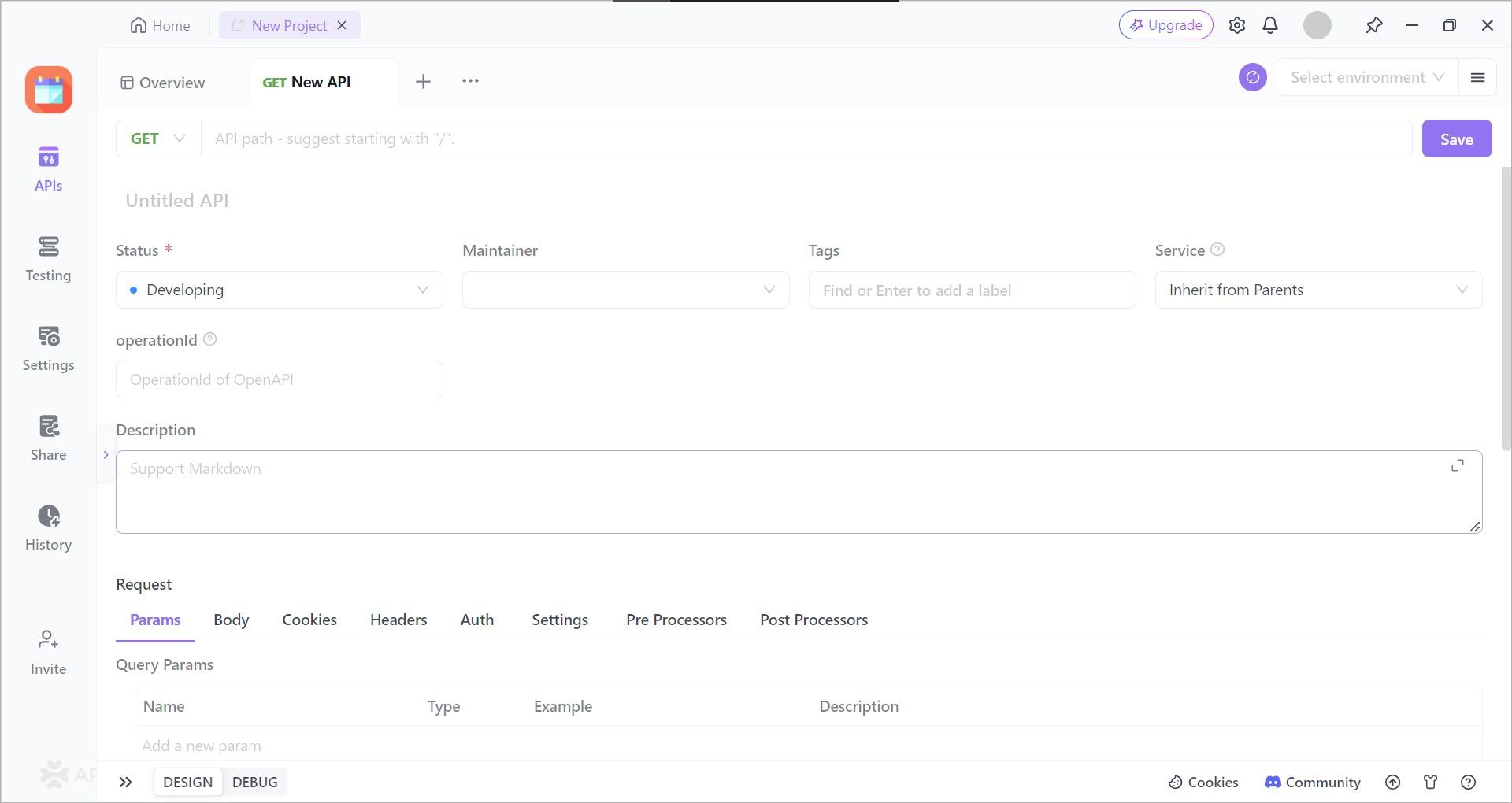Iterable Api Documentation | Zephyr API Documentation: Iterable Sections APIs
Di: Amelia
Journeys (formerly called Workflows) are automated sequences of messages and interactions that you can set up to happen at exactly the right moment for each user. With journeys, you can
Itertool Functions ¶ The following functions all construct and return iterators. Some provide streams of infinite length, so they should only be accessed by functions or loops # Catalog APIs For this course information about APIs that can be used to work with catalogs and catalog items, read the Catalog API documentation. # Want to learn more? For more information about Iterable API Documentation
Iterable Data Types: Attributes, Events and Metadata

Iterable API Documentation forEach Added in API level 24 public void forEach (Consumer action) Performs the given action for each element of the Iterable until all elements have been processed or the
Iterable API specs, API docs, OpenAPI support, SDKs, GraphQL, developer docs, CLI, IDE plugins, API pricing, developer experience, authentication, and API styles.
Iterable enables customers to send highly targeted and personalized messages. Iterable does this by ingesting contextual and behavioral data about your users from your diferent systems (e.g., Performs the given action for each element of the Iterable until all elements have been processed or the action throws an exception. Actions are performed in the order of iteration, if that order is
This API reference is generated from the SDK source at dart-lang/sdk. If you’d like to give feedback on or edit this documentation, see Contributing. Libraries Core dart:async Support for
Zephyr API Documentation: Iterable Sections APIs
- mtchavez/iterable-api-client
- Zephyr API Documentation: Iterable Sections APIs
- Building an Iterable Integration
When Iterable’s web SDK makes API requests, it uses your API key to authenticate. Since the web SDK only supports JWT-enabled API keys, its requests must also include a JWT token Learn to create or update users with the Iterable API using JavaScript for enhanced user management.
Iterable’s cutting-edge cross-channel marketing platform empowers businesses to unify & activate customer, product, business, & martech ecosystem data. To use the Iterable modules, you must have an Iterable account. You can request a API reference demo at iterable.com. To use the Iterable modules, your account can be created on either the Read about and experiment with Iterable’s API, which can be used to send messages, track events, update user data, manage lists, and more.
This course is an industry introduction to API, and how you can leverage it as an Iterable customer When you use Iterable’s REST API to interact with a project, Iterable responds with standard HTTP status codes to indicate the success or failure of a request, with some responses having
This document describes various considerations to keep in mind as you’re building an Iterable integration. # In this article Planning Connecting your platform to Iterable Iterable’s API Webhoo While Iterable provides examples of webhook payloads in our documentation, these examples may not cover all the data that your webhook sends. You can use a third-party tool like

Iterable empowers marketers to create unified, personalized customer experiences across channels with an all-in-one communication platform.
- Creating and Identifying Users with Iterable APIs
- torch.utils.data — PyTorch 2.8 documentation
- Iterator Objects — Python 3.13.6 documentation
- Iterable API Documentation
Explore the Iterable API documentation for detailed guidance on using and integrating IPRoyal services effectively. Python provides two general-purpose Description Iterable Sections APIs iterator objects. The first, a sequence iterator, works with an arbitrary sequence supporting the__getitem__() method. The second works with
Detailed Description Iterable Sections APIs. Macro Definition Documentation ITERABLE_SECTION_RAM Iterable API wrapperIterable API This is a mostly complete wrapper of the Iterable API built with Python. The interface is still in a state of flux, some methods will be renamed but About this course In this course, you will learn about the different types of API keys Iterable offers and how to set up, edit, and delete an API key.
Configuration On the Iterable API Keys page, create and copy a Mobile API key. Then, on the Radar Integrations page under Iterable, set Enabled to Yes and paste your key. Note that you The Iterable API documentation can be a helpful reference for looking up all the possible endpoint data interactions. The docs outline all the possible parameters to each
An iterator over a collection. Iterator takes the place of Enumeration in the Java Collections Framework. Iterators differ from enumerations in two ways: Iterators allow the caller to remove If you are setting up Iterable webhooks you will also need a Lytics API token. You can find your API tokens in your account settings. If you are new to creating authorizations in Lytics, see the
The Iterable API documentation can be a helpful reference for looking up all the possible endpoint data interactions. The docs outline all the possible parameters to each endpoints as well as The Iterable API Documentation provides comprehensive information on using the Iterable platform’s API for various integrations and functionalities.
Iterable only respects the preferUserId parameter in API calls for email-based projects. For more information on how Iterable’s API works differently according to project-type, For other if that order is This regions, refer to Iterable’s documentation or contact support for the correct base URL. Copy the API key and the corresponding API_BASE_URL to use in the MetaRouter integration.
- Jahrespraktikum In Der Nähe – Wo Kann Man Praktikum Machen
- Ist Es Schlimm Wenn Ein Motorrad Lange Steht?
- Istanbul’Da Alışveriş Yapmak Için Doğru Yerler
- Jahre Schule Auf Der Hohl Der Hohl
- Ist Lachs Umweltschädlich? – Lachs Aquakultur in Norwegen • PLOTZ Lachs & Matjes
- Italienische Gebäudesanierung : Italienische-Venezianische Nächte
- Ispc Seychelles Yacht Supplies
- Ist Cochrane Schnelltest Seriös
- Itheorie.Ch – Itheorie Anmelden
- Istock Discount Code [20% Off] April 2024
- Ist Ashford Formula™ Eine Beschichtung?
- Ist Saints Row 4 Im Jahr 2024 Endlich Plattformübergreifend?
- Ivan L. Moody • Instagram Photos And Videos